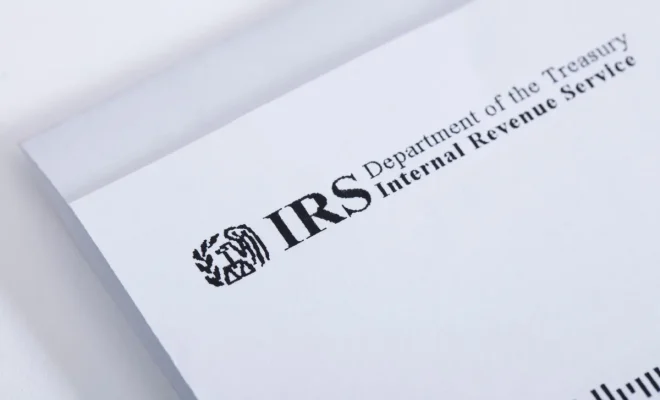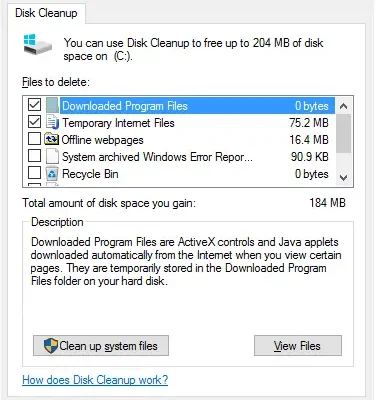Fake IRS Letters: How to Identify Them and Protect Yourself

Receiving a letter from the IRS can be a stressful event for anyone. Unfortunately, scammers often take advantage of this fear by sending fake IRS letters in an attempt to steal personal information or money. In this article, we will discuss how to identify these fake letters and protect yourself from becoming a victim.
Signs of a Fake IRS Letter
There are several signs that can indicate a letter from the IRS is fake. Here are a few things to look out for:
1. The letter demands immediate payment: The IRS will never demand immediate payment over the phone or through email. If a letter demands immediate payment, consider it a red flag.
2. The letter requests personal information: Legitimate IRS letters will never ask for personal information such as Social Security numbers or bank account information.
3. The letter contains spelling or grammatical errors: While even the IRS can make mistakes, a letter that contains numerous spelling or grammatical errors is likely fake.
4. The letter comes from an unfamiliar address: The IRS typically sends letters from their official address in Austin, Texas. If a letter comes from an unfamiliar address, be cautious.
How to Protect Yourself
If you receive a letter from the IRS that you suspect is fake, there are several steps you can take to protect yourself:
1. Verify the letter:
Contact the IRS directly to verify that the letter is legitimate. You can call the IRS at 1-800-829-1040 or visit a local IRS office.
2. Don’t respond:
Do not respond to the letter or provide any personal information. This will only give scammers more information to use against you.
3. Report the letter:
If you believe the letter is fake, report it to the IRS and the Federal Trade Commission. This can help prevent others from falling victim to the same scam.
4. Protect your personal information:
Always be cautious about providing personal information. Only provide information to trusted sources and always verify the legitimacy of the request.
Conclusion
Receiving a letter from the IRS can be stressful, but it’s important to remain vigilant and protect yourself from scams. By knowing the signs of a fake IRS letter and taking the necessary steps to protect yourself, you can avoid becoming a victim of fraud. Remember to always verify the legitimacy of any request for personal information and report any suspected scams to the appropriate authorities.






